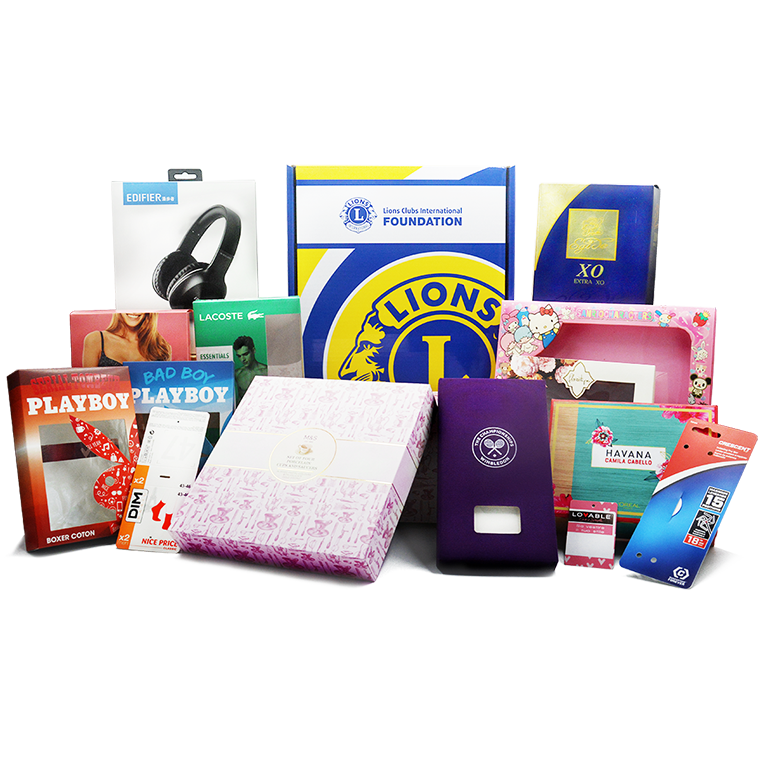Recent market research by Smithers reveals that the global luxury packaging market is projected to reach $20.1 billion by 2025, growing at a compound annual rate of 4.4%. This remarkable growth underscores how premium packaging has evolved from a simple protective measure to a crucial brand differentiator.
The Psychology Behind Luxury Packaging
According to a study published in the Journal of Marketing Research, packaging aesthetics significantly influence consumer perception and purchase decisions. The research indicates that 72% of American consumers agree that packaging design influences their purchasing decisions, while 67% say that materials used in luxury packaging directly affect their perception of brand quality.
Sustainable Luxury: Meeting Modern Consumer Demands
Environmental consciousness has become inseparable from luxury packaging. McKinsey’s 2023 sustainability report highlights that 60% of luxury consumers actively seek sustainable packaging options. This shift has led to innovations in eco-friendly materials that maintain premium quality while reducing environmental impact. Modern sustainable luxury packaging incorporates:
– FSC-certified premium papers and boards
– Biodegradable protective elements
– Water-based adhesives
– Soy-based inks for printing
– Recycled content without compromising aesthetics
Material Science in Luxury Packaging
The technical aspects of luxury custom packaging boxes extend beyond aesthetic appeal. Premium packaging typically features:
– Rigid boards with 1200-2400 GSM thickness for optimal stability
– Specialty coatings that provide 98% scratch resistance
– Micro-embossing techniques achieving detail precision of up to 0.1mm
– UV-resistant finishes extending shelf life by up to 24 months
Investment Returns on Premium Packaging
Research from the Package Design Magazine indicates that brands investing in luxury custom packaging report:
– 35% increase in customer retention
– 28% higher social media sharing of unboxing experiences
– 45% increase in perceived product value
– 22% higher likelihood of repeat purchases
Industry-Specific Packaging Requirements
Different sectors demand unique packaging solutions:
Cosmetics Industry:
– FDA-compliant materials
– Moisture resistance of up to 95%
– UV protection capabilities
Jewelry Sector:
– Anti-tarnish interior linings
– Security features with tamper-evident seals
– Cushioning systems rated for up to 15G shock absorption
Electronics:
– Static-dissipative materials
– Impact resistance up to 100kg/cm²
– Temperature stability between -20°C to 70°C
The Science of Unboxing Experience
Research in consumer psychology shows that a well-designed unboxing experience triggers a dopamine release, creating positive brand associations. Key elements include:
– Multi-sensory engagement through texture variations
– Strategic use of white space increasing visual impact by 20%
– Optimal opening force requiring 2.5-3.5 Newtons for premium feel
Quality Control Standards
Premium packaging must meet rigorous quality benchmarks:
– Maximum color variation tolerance of ΔE ≤ 2
– Structural integrity testing at 200% normal load capacity
– Humidity resistance testing between 40-90% RH
– Temperature cycling from -40°C to +70°C
Future Trends in Luxury Packaging
Industry analysis predicts several emerging trends:
– Integration of NFC technology for authentication
– Smart packaging with environmental monitoring
– Augmented reality experiences through packaging
– Biodegradable luxury materials development
Economic Impact of Premium Packaging
Market research indicates that effective luxury packaging can command:
– Price premiums of 15-30% over standard packaging
– Reduction in damage rates by up to 80%
– Marketing cost reduction of 23% through organic social sharing
This investment in quality packaging typically generates a return on investment within 6-18 months, depending on market segment and distribution channels.





























